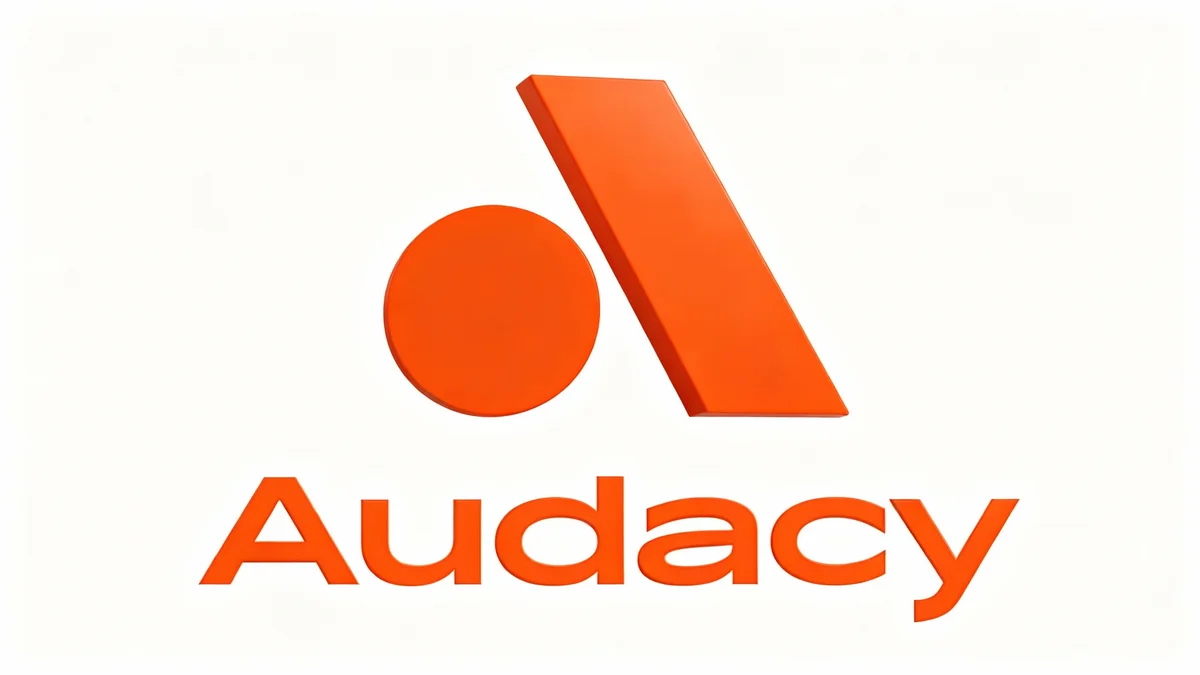Cumulus Media has filed a lawsuit against Nielsen, accusing the media measurement company of engaging in anti-competitive practices. The lawsuit claims Nielsen’s actions have artificially increased the cost of radio ratings data and restricted market access for competing firms. This legal challenge, detailed in a Reuters report, was submitted to the U.S. District Court for the Southern District of New York on Thursday, October 16.
The core of Cumulus's complaint centers on a new policy by Nielsen. Cumulus alleges that Nielsen has conditioned access to essential national broadcast radio analytics on the mandatory purchase of separate local ratings. Cumulus asserts that this practice violates both federal and state antitrust laws, impacting the radio industry significantly.
Key Takeaways
- Cumulus Media alleges Nielsen engaged in anti-competitive practices regarding radio ratings.
- The lawsuit claims Nielsen tied national ratings data to local ratings purchases.
- Cumulus cites a 36% price increase for Westwood One's national data in 2022.
- Nielsen denies the claims, stating the lawsuit is "entirely without merit."
- Cumulus seeks unspecified monetary damages and a court order to stop the alleged practices.
Allegations of Tying Policy and Price Hikes
The lawsuit, filed by Hogan Lovells on behalf of Cumulus Media New Holdings, highlights specific financial impacts. Cumulus points to a significant 36% increase in the cost of Westwood One’s national ratings data in 2022. This increase, according to the complaint, was followed by consistent price hikes. These increases are directly linked to Nielsen’s new "tying policy."
According to the court document, Nielsen announced this new policy in September 2024. Cumulus claims Nielsen implemented this policy "to illegally maintain its market power" in both national and local radio ratings data markets. The policy states that if a national network has a business relationship with local radio stations, Nielsen will exclude certain geographies from the national radio ratings data. This exclusion applies if the shared-ownership local radio stations do not purchase Nielsen’s local radio ratings data.
Fact Check
- Lawsuit Filing Date: Thursday, October 16 (U.S. District Court for the Southern District of New York)
- Plaintiff: Cumulus Media New Holdings
- Defendant: Nielsen
- Key Claim: Nielsen’s "tying policy" links national radio ratings data to local ratings purchases.
- Impact Cited: 36% price increase for Westwood One’s national data in 2022.
Nielsen's Stance and Cumulus's Concerns
Cumulus also referenced a phone call from July involving Rich Tunkel, Managing Director for Nielsen Audio. During this call, Mr. Tunkel reportedly described a national radio ratings data product without these geographies as "Swiss cheese" and having "holes." The suit states that Mr. Tunkel admitted any product lacking comprehensive nationwide ratings would not be a "real" or "useful" product. He also reportedly agreed that Nielsen was tying its local radio ratings data and nationwide products together.
Cumulus Media operates nearly 400 radio stations across more than 80 U.S. markets. Its subsidiary, Westwood One, produces national programming and serves as the official network audio broadcast partner of the NFL. These operations rely heavily on accurate and accessible ratings data.
"Mr. Tunkel admitted that any product without comprehensive Nationwide ratings would not be the 'real' or a 'useful' product. Tunkel also agreed that Nielsen was tying Nielsen’s local radio ratings data and Nationwide products together," the lawsuit stated.
Market Impact and Alleged Harm
The complaint argues that Nielsen’s policies compel networks and stations to acquire local ratings in markets where they may not be necessary. This practice, Cumulus claims, effectively restricts access to essential national data. The lawsuit alleges that this conduct has led to a degradation of product quality and has prevented competitors from entering the market effectively.
Furthermore, Cumulus states that these actions have caused harm amounting to hundreds of millions of dollars in commerce. The company warns that if Nielsen’s practices continue, it could result in increased costs, reduced choices, and less innovation for both advertisers and radio stations across the country. This could impact the entire ecosystem of radio advertising and content distribution.
Background on Radio Ratings
Radio ratings data is crucial for the broadcasting industry. It provides information on listenership, helping stations and networks understand their audience. Advertisers use this data to make informed decisions about where to place their campaigns. Accurate and unbiased ratings are essential for fair market competition and effective advertising strategies within the radio sector.
Nielsen's Response and Legal Outlook
In response to the lawsuit, Nielsen has issued a statement. The company asserts that the lawsuit is "entirely without merit." Nielsen has indicated that it plans to respond to the allegations accordingly through the legal process. The company has not provided further details on its defense strategy at this time.
Cumulus, for its part, describes the legal action as a challenge to "anticompetitive conduct that we believe is unlawful and damaging." The media company is seeking unspecified monetary damages. It is also requesting a court order to halt Nielsen’s allegedly unfair business practices. This would prevent Nielsen from continuing its tying policy and potentially force a change in how ratings data is sold and distributed.
The outcome of this lawsuit could have significant implications for the radio industry. It could redefine how radio ratings data is packaged and sold. It may also impact the competitive landscape for media measurement companies. The legal proceedings will determine if Nielsen’s policies indeed violate antitrust laws and if Cumulus Media is entitled to damages or injunctive relief.
- Cumulus's Goal: Stop alleged unfair practices and seek financial compensation.
- Nielsen's Stance: Denies all claims, calls lawsuit "without merit."
- Potential Impact: Could reshape radio ratings market and industry competition.




